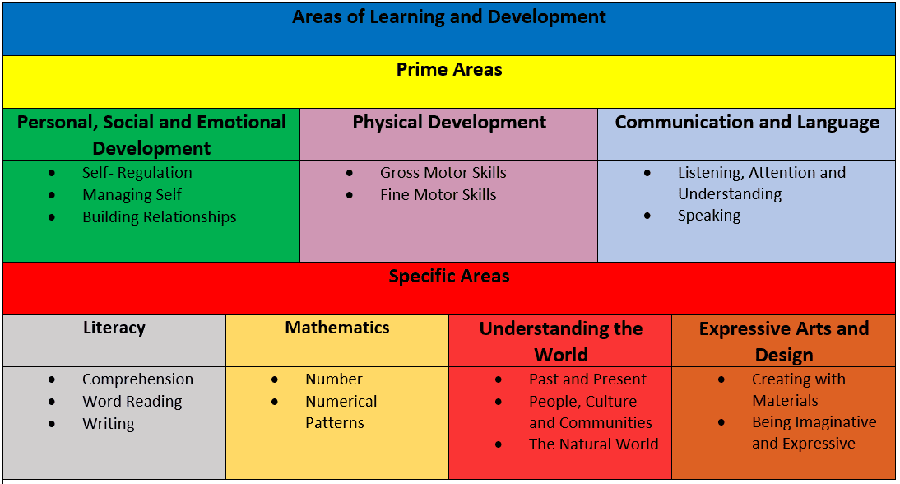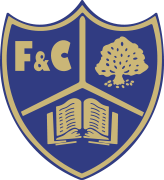EYFS & Yr 1
Reception Baseline Assessment (RBA)
Establishing a Baseline
The RBA is an age-appropriate assessment of early mathematics and literacy, communication and language. It is delivered in English and is administered within the first six weeks of a pupil starting reception. The assessment has two components, each consisting of practical tasks using physical resources. There is an online scoring system for the practitioner to use as the pupil engages with the tasks. The RBA will be used to create school-level progress measures for primary schools which will show the progress pupils make from reception until the end of key stage 2.
An Inclusive Assessment
The RBA has been developed to be an inclusive assessment, accessible to the majority of pupils on entry to school. It has been designed so that pupils with Special Education Needs or Disabilities (SEND) and those learning English as an additional language can participate. Practitioners can make adaptations to the resources if they deem this necessary, for example enlarging these to a size appropriate for the pupil. Any adaptations should be based primarily on normal classroom practice and should not advantage or disadvantage individual pupils
Reporting to Parents
School staff will make you aware that your child is taking part in the assessment in school. Although there is no legal requirement to report RBA narrative statements to parents, we may use them as the basis of any feedback. Parents can request the statements if they so wish and they will be shared.
EYFS End of Year Assessment
The EYFS Profile is a statutory assessment of children's development at the end of the academic year in which children turn 5, usually reception year. Each child's level of development is assessed against 17 early learning goals (ELGs) across all 7 areas of learning in the EYFS.
Judgements are made in the following way against the areas of learning.

These are the areas of learning:

At the end of the EYFS, teachers must provide parents and/or carers with a written report summarising their child's EYFS Profile results and offer an opportunity to discuss this with the teacher. This information will be found in your child's end of year report.
EYFS Handbook 2024
Year 1 Phonic Screening
Phonic screening takes place w/c 10th June 2024
What is the Year 1 phonics screening check?
The phonics screening check is taken individually by all children in Year 1 in England, and is usually taken in June. It is designed to give teachers and parents information on how your child is progressing in phonics. It will help to identify whether your child needs additional support at this stage so that they do not fall behind in this vital early reading skill.
What is in the phonics screening check?
There are two sections in this 40-word check and it assesses phonics skills and knowledge learned through Reception and Year 1. Your child will read up to four words per page for their teacher and they will probably do the check in one sitting of about 5–10 minutes.
What sort of check is it and is it compulsory?
It is a school-based check to make sure that your child receives any additional support promptly, should they need it. It is not a stressful situation as the teacher will be well-equipped to listen and understand your child’s level of skills.
There will be a few practice words first to make sure your child understands the activity.
What does it check?
It checks that your child can:
- Sound out and blend graphemes in order to read simple words.
- Read phonically decodable one-syllable and two-syllable words, e.g. cat, sand, windmill.
- Read a selection of nonsense words which are referred to as pseudo words.
What happens to the results?
The school will report your child’s results to you by the end of the summer term as well as to the local authority, but the results won’t be published in a league table as with SATs. If you have any concerns, do talk to your teacher about this in a parents’ meeting or after school.
Parent Information 2024
Screening Timetable

